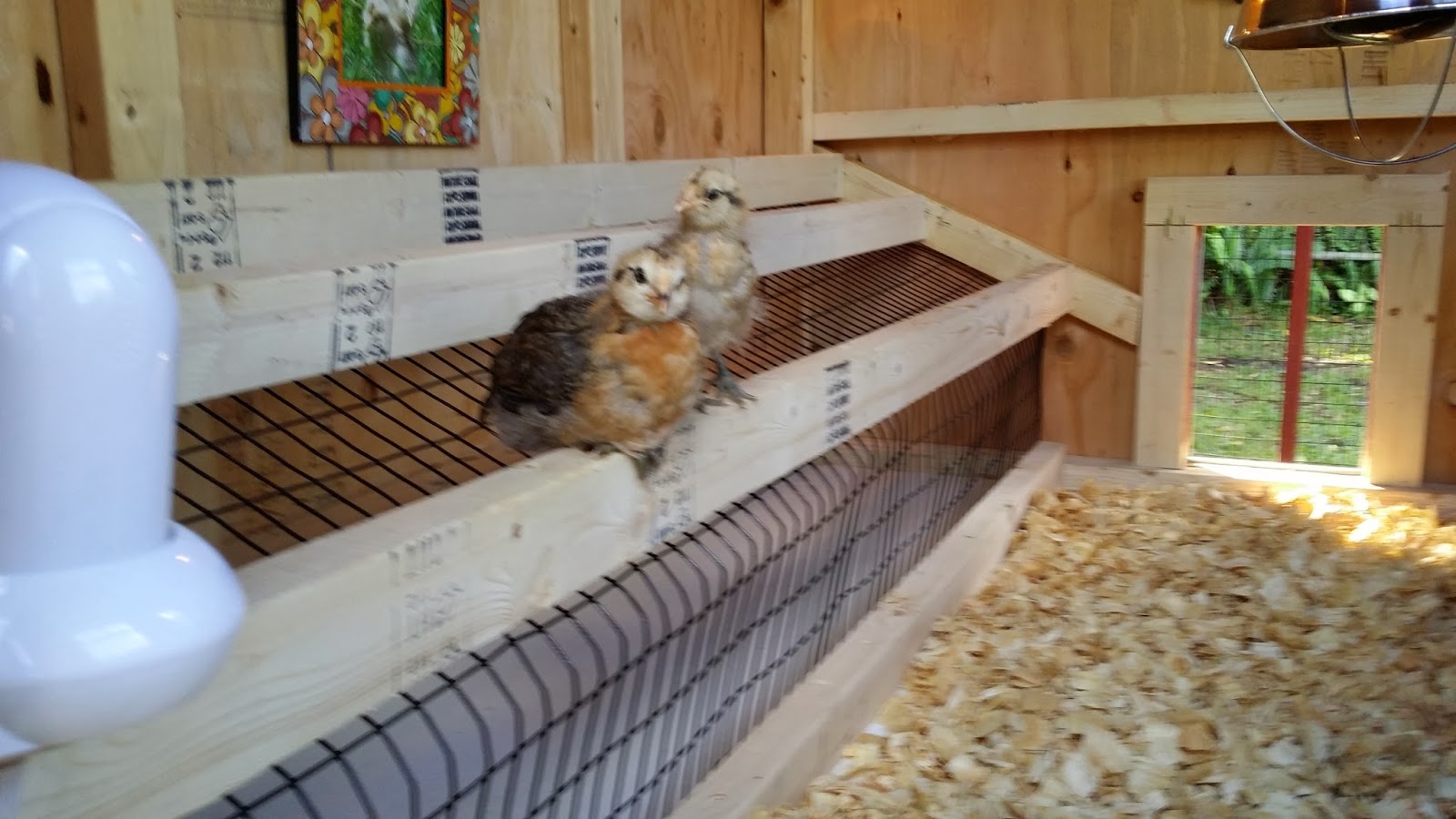
Introduction
Owning chickens can be a delightful experience, especially when you can enjoy farm-fresh eggs and the company of these feathered friends. However, just like any pet, chickens require proper care and maintenance. One crucial aspect of poultry care is cleaning the chicken coop regularly. In this ultimate guide, we will answer all your questions about how often you should clean your chicken coop.
Importance of Cleaning the Chicken Coop
Maintaining a clean chicken coop is vital for the health and well-being of your flock. Regular cleaning helps prevent the buildup of harmful bacteria, parasites, and ammonia levels. It also reduces the risk of diseases such as coccidiosis, respiratory infections, and external parasites like mites and lice.
Additionally, a clean coop provides your chickens with a comfortable living environment, which promotes happier and more productive hens. Clean bedding also prevents foul odors from forming, making it more pleasant for both your flock and yourself.
Factors to Consider
Several factors influence how often you should clean your chicken coop. Let's take a look at these factors:
1. Coop Size
The size of your chicken coop plays a significant role in determining the cleaning frequency. Larger coops generally require less frequent cleanings compared to smaller ones, as the waste gets more evenly distributed and diluted.
2. Number of Chickens
The number of chickens in your flock affects how quickly the coop gets dirty. More chickens mean more waste, increasing the cleaning frequency.
3. Climate and Weather
Leaving your chickens confined to the coop during inclement weather can lead to increased waste accumulation. Rain, snow, and humidity can make the coop dirtier, requiring more frequent cleanings.
4. Bedding Material
The type of bedding material used in your chicken coop can affect the cleaning schedule. Some materials, like straw or wood shavings, can absorb moisture and odors better, reducing the need for frequent cleanings. However, if you use materials like newspaper or sand, these may require more regular cleanings.
5. Season
Different seasons may impact how often you should clean the coop. During warmer months, when chickens spend more time outdoors, you may need to clean less frequently. However, in colder months, when they spend more time inside, you might have to clean more often.
Recommended Cleaning Schedule
While factors like coop size and climate may affect cleaning frequency, here's a general guideline to help you develop a cleaning routine:
Daily Tasks
- Remove any wet or soiled bedding.
- Collect eggs to maintain cleanliness.
- Check and refill water and food supplies.
- Inspect the coop for any signs of illness or pests.
Weekly Tasks
- Thoroughly clean the feeders and waterers to prevent the growth of bacteria.
- Remove all bedding and replace it with fresh, clean material.
- Scrub and disinfect the coop's interior surfaces.
- Check for any structural issues or repairs needed.
Monthly Tasks
- Inspect and clean the nesting boxes, removing any debris or soiled bedding.
- Clean and repair any windows or vents to ensure proper ventilation.
- Trim and tidy the surrounding vegetation to discourage pests and predators.
Seasonal Tasks
- Deep clean the coop before winter to minimize chilly drafts.
- Perform a more thorough inspection before spring for any repairs or modifications.
- Consider power-washing the coop during summer if necessary.
Signs it's Time to Clean
While following a regular cleaning routine is essential, it's important to know the signs that indicate the coop needs immediate attention. Some signs it's time to get cleaning include:
1. Foul Odors
If you notice strong or unpleasant odors emanating from the chicken coop, it's time to clean. Lingering odors are an indicator of bacterial growth or ammonia accumulation.
2. Pests and Rodents
The presence of pests or rodents in or around the coop is a sign of unsanitary conditions. Act promptly to eliminate pests and clean thoroughly to prevent their return.
3. Wet or Moldy Bedding
Bedding that remains consistently wet or develops mold indicates excessive moisture levels. Remove the bedding, address the moisture issue, and replace it with fresh dry bedding.
Conclusion
Maintaining a clean chicken coop is vital for the health, comfort, and productivity of your feathered friends. By considering factors like coop size, the number of chickens, climate, and bedding material, you can develop a cleaning schedule that suits your particular situation. Regular daily, weekly, monthly, and seasonal tasks will ensure a clean and safe environment for your chickens. Pay attention to signs that the coop needs immediate cleaning to ensure prompt action. Happy cleaning and happy chickens!
Comments
Post a Comment